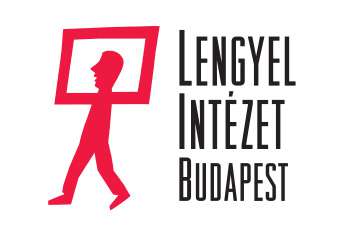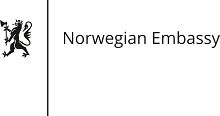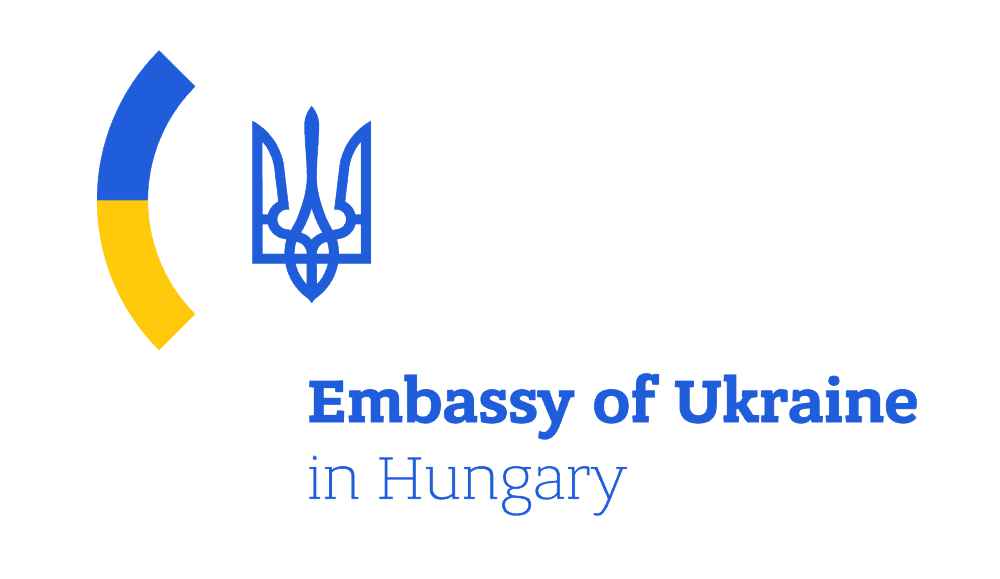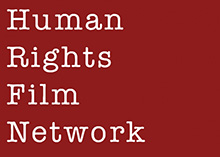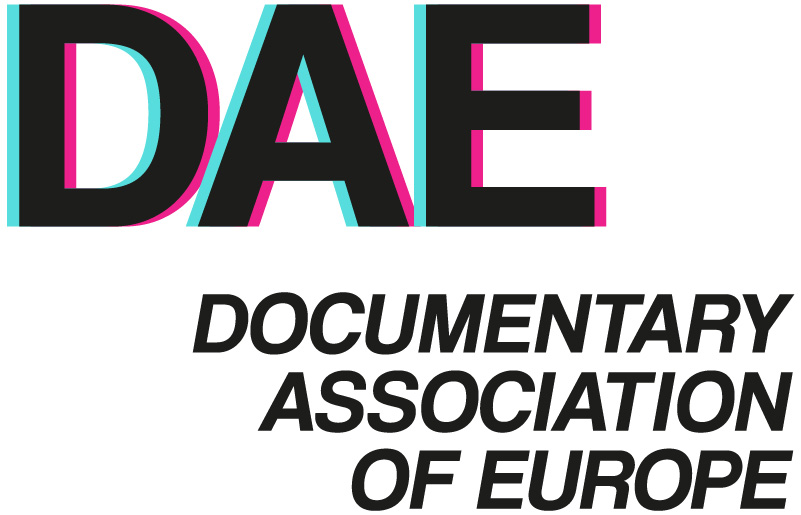Fitting In — Why Bother?

For context, I’ll disclose I am an Australian living in Hungary and have done so for a number of years - and this otherness, I’ll admit, I’ve felt it myself. When you arrive somewhere new, no matter how much you bend yourself to the rhythm of local customs, you’re still filtered through the lens of “outsider.” You’re the foreigner who walked into a story already in motion. Talwar captures this so well on Wilcza (Wolf) Street in Warsaw: he films his neighbours, learns their routines and listens to their stories. He makes himself part of the microcosm. And yet, even after more than a decade in Poland, strangers call him “Michael Jackson” on the street because of his hair and skin color. The message is clear: no matter how much you assimilate, your difference will still speak louder.
In my opinion, the loudest hostility toward outsiders tends to come from those who’ve never left their comfort zones. It’s the people who’ve lived their whole lives within the same small radius as their parents and grandparents. When your world has always looked one way, the unknown feels threatening, almost as if this new thing will take something from you. Outsiders represent what you’ve never had to confront; change and challenge. As a result, the instinct is to close the gates and shout from the windows. Kate Nash reminds us that human rights films don’t present us with statistics about this fear; instead, they generate immersive knowledge, pulling us into the experiences of real people so that we can feel what it means to live on the receiving end of suspicion.
Letters from Wolf Street is beautiful - until it isn’t. Because in the middle of this film, we get one of its most painful and telling moments: Talwar’s new Roma friend (Oskar), who, despite living in Poland all his life and speaking the language fluently, is heckled by his neighbor. He’s singing and clapping in his own backyard when, from off-screen, a voice shouts slurs and calls him a “Gypsy.” The interruption has a very ugly casualness to it. This moment matters because it exposes the lie at the heart of assimilation. You can do everything “right” learn the language, share the customs, and even, grow up alongside everyone else. All to still run the risk of being labeled. Oskar is Polish, but that isn’t enough. Assimilation gets him to the table, but it doesn’t stop someone from flipping the table over whenever they feel like it.
Oskar has authenticity in spades: he’s a neighbour, a friend, a human. Talwar films him not as an object of pity but as a human being living his daily life. And yet, authenticity doesn’t translate into acceptance. If anything, it highlights the gap between who someone is and how society insists on seeing them. He isn’t just “not assimilated” - he cannot be, because the category of “Gypsy” is constantly re-imposed on him, no matter what he does. And Talwar himself, narrating his story, admits to feeling the same lingering foreignness, despite more than a decade of trying to make Poland home.
So, why bother assimilating at all? On the one hand, assimilation is necessary; it makes everyday survival and coexistence possible. But on the other hand, assimilation is futile and it will never guarantee unconditional acceptance. The outsider label sticks, and moments like the heckling remind us that acceptance is conditional, fragile, and easily withdrawn. The analogy of moving the goalposts comes to mind; as if every time you are close to crossing the line and “making it,” the rules are changed.
The Māori concept of whānau (2) reminds us that belonging doesn’t have to be about erasing difference to fit into someone else’s box. Whānau is family not only through blood, but through bonds of care, storytelling, laughter, and mutual responsibility. In that sense, Wolf Street is already practising whānau — drawing strangers into a patchwork community where connection matters more than conformity. That, I think, is where the real hope lies: not in assimilation, but in creating small circles of whānau wherever we land. Assimilation might not erase the shadow of otherness, but it can still carve out moments of connection, moments of laughter, moments of meaning. And sometimes, that’s enough in this world.
References
Ahmed, Sara. 2013. Strange Encounters: Embodied Others in Post-Coloniality. Routledge.
Enwezor, Okwui. 2015. “Documentary/Vérité: Bio-Politics, Human Rights and the Figure of “Truth” in Contemporary Art.” Australian and New Zealand Journal of Art 5, no. 1. pp. 11-42.
Nash, Kate. 2022. "Knowing through human Rights films." Human Rights Quarterly 44.1. pp. 193-209.
Walker, Tai. 2014. “Story: Whānau – Māori and family.” Te Ara – The Encyclopaedia of New Zealand. https://teara.govt.nz/en/whanau-maori-and-family/page-1.
The article was created as part of the UniVerzió program, in collaboration between the Verzió Film Festival and the Department of Film Studies at Eötvös Loránd University. Instructor: Beja Margitházi.








